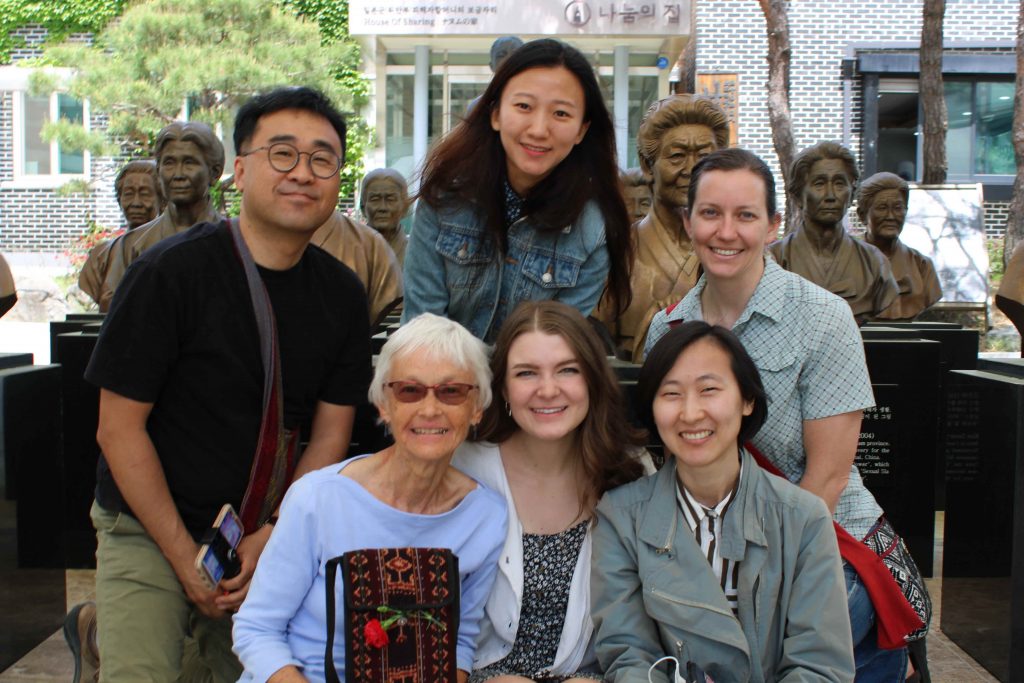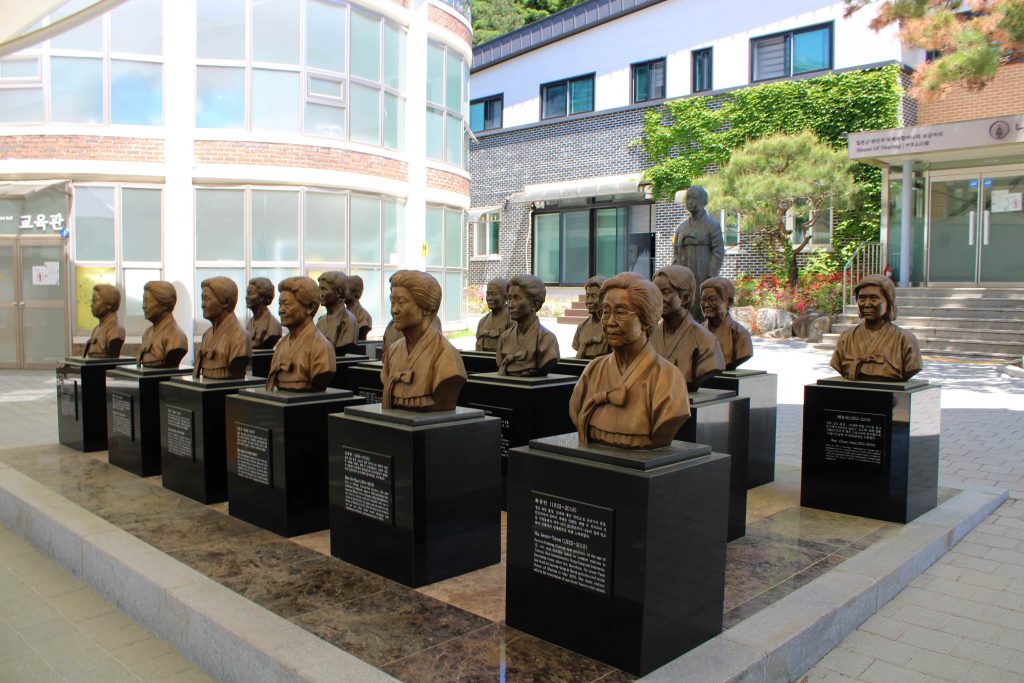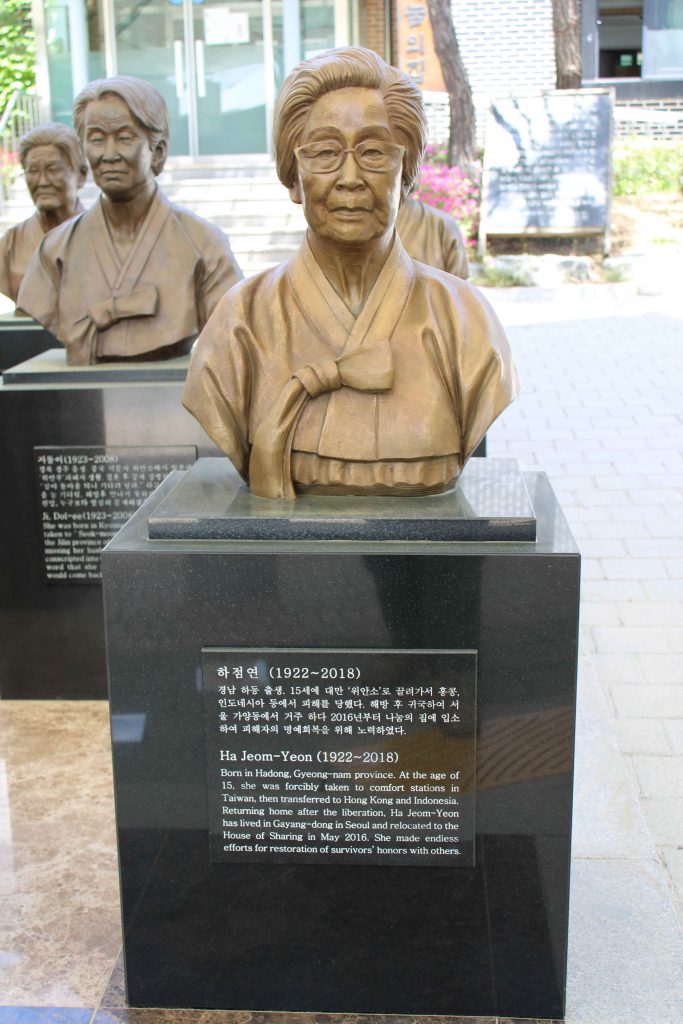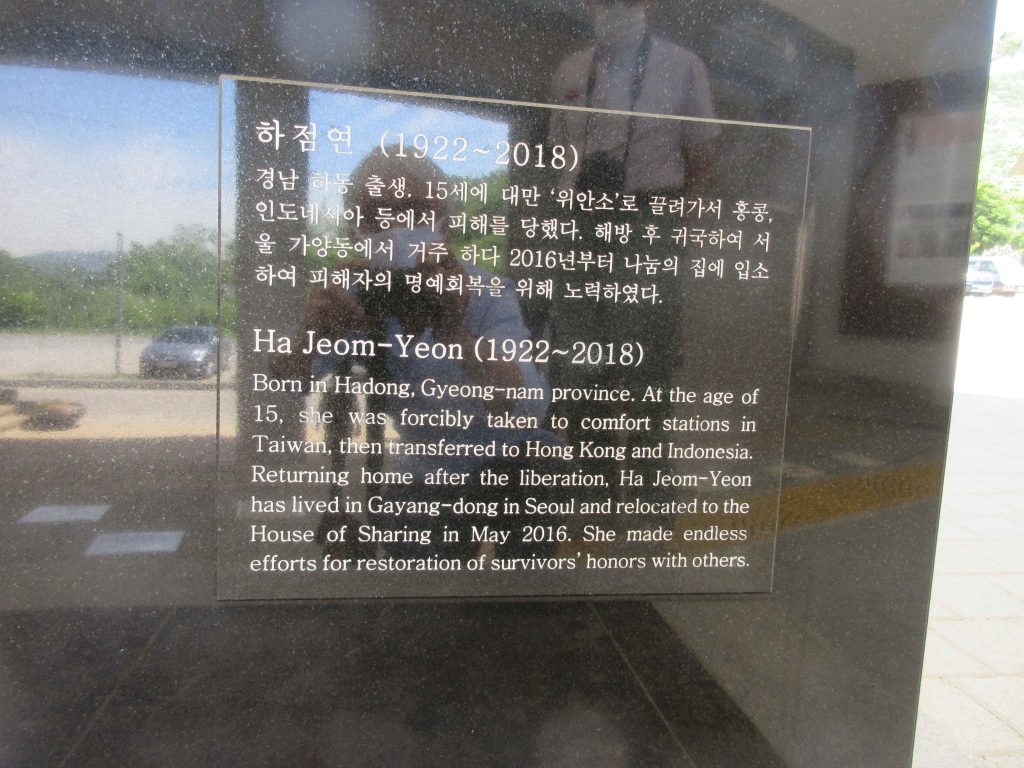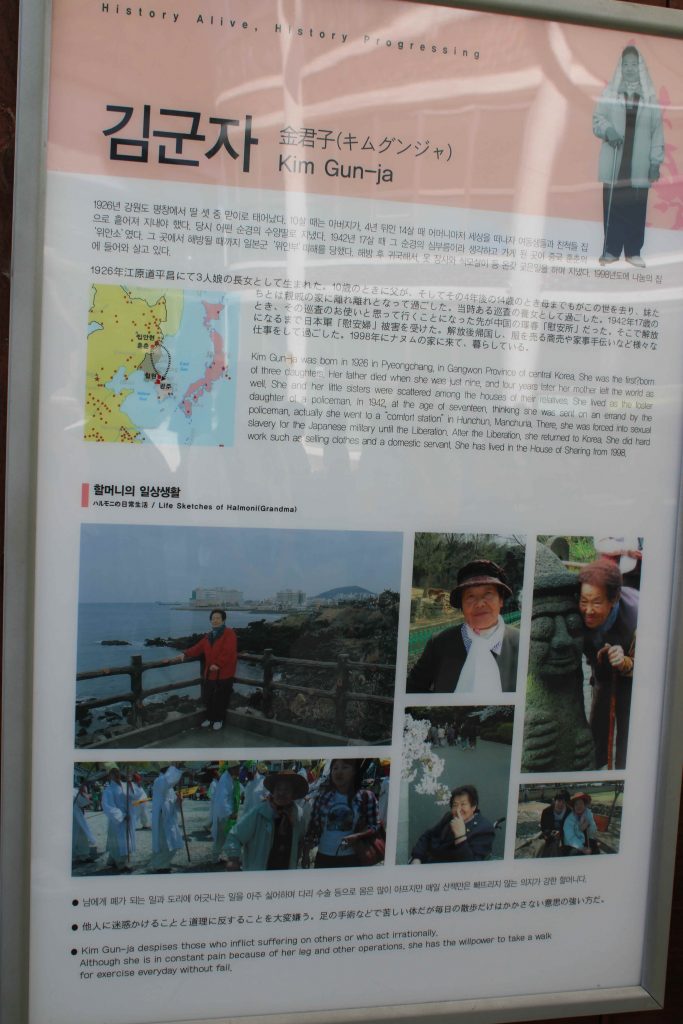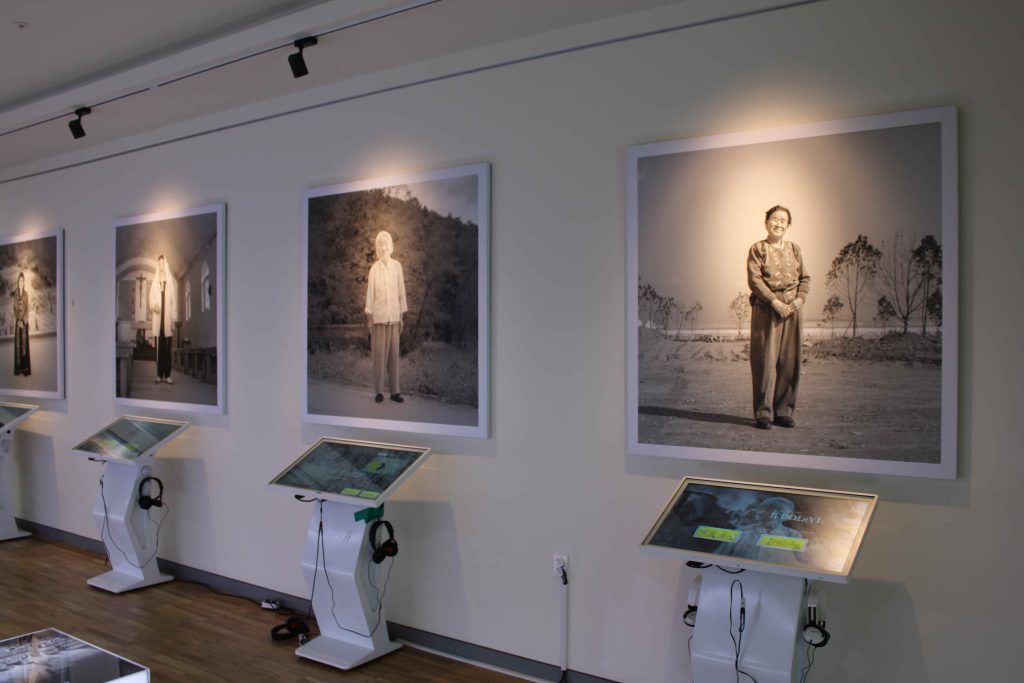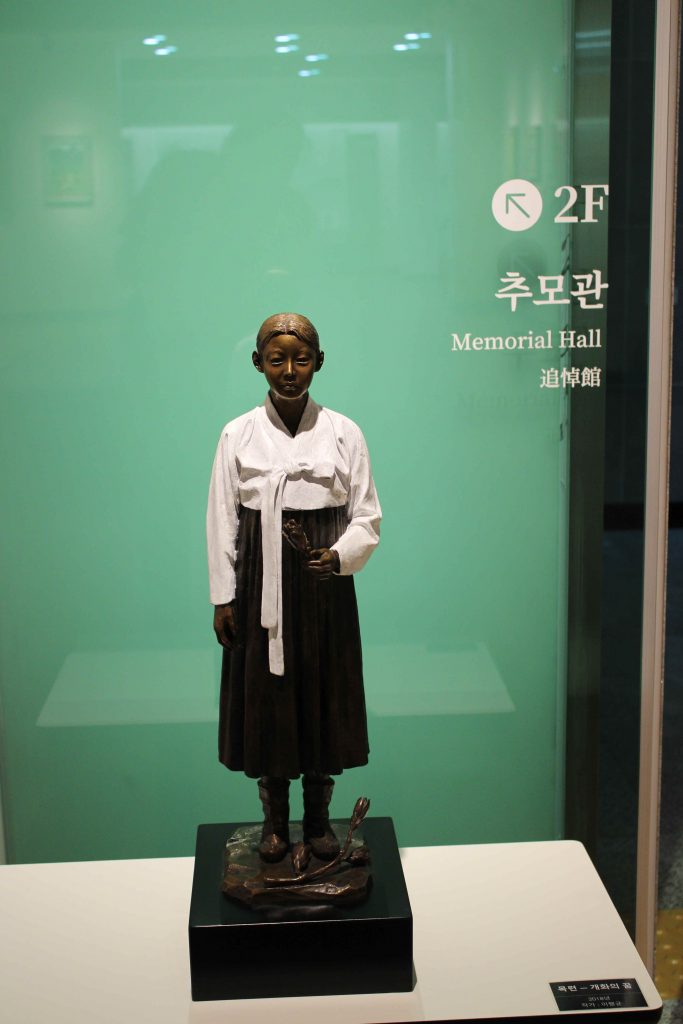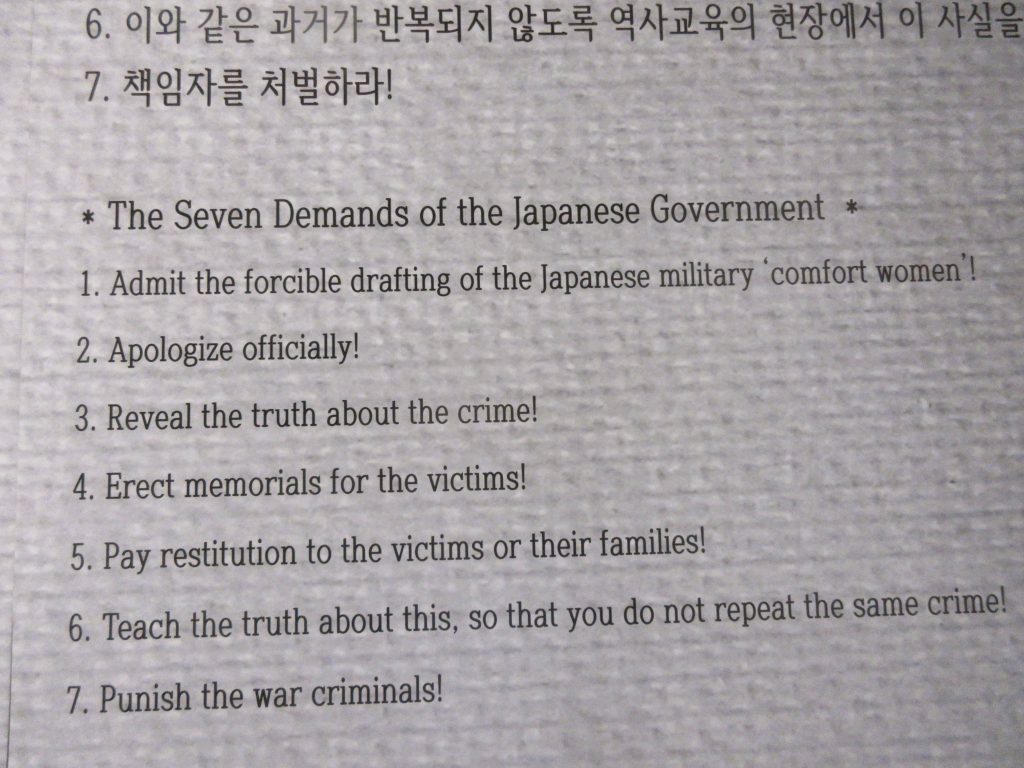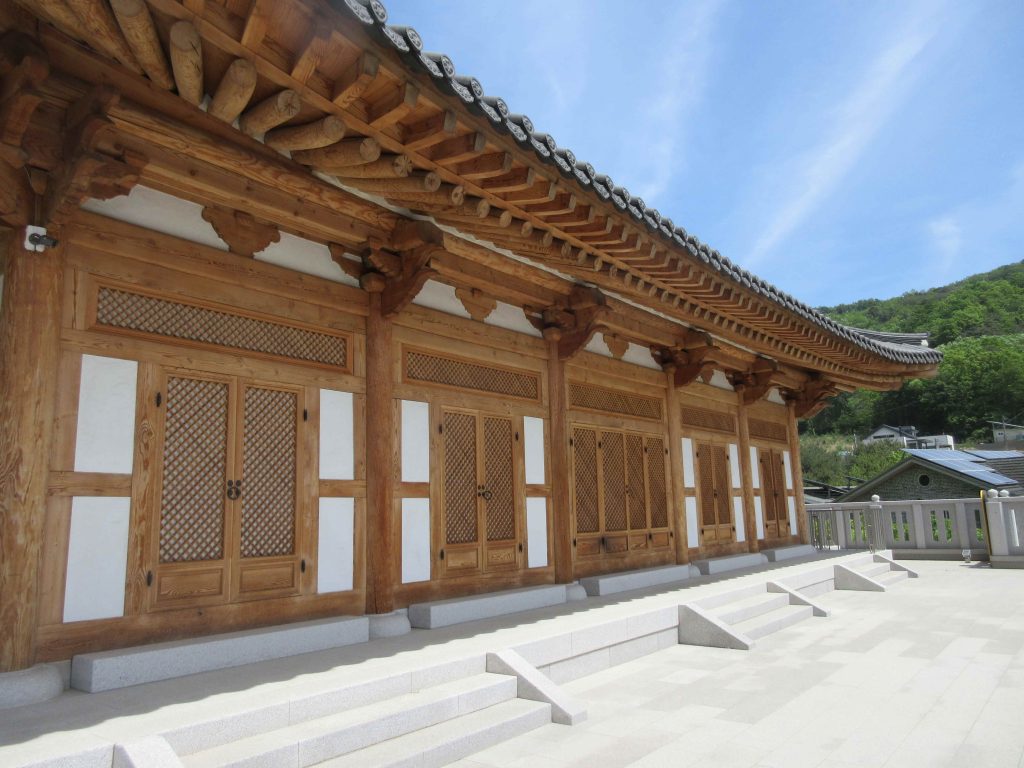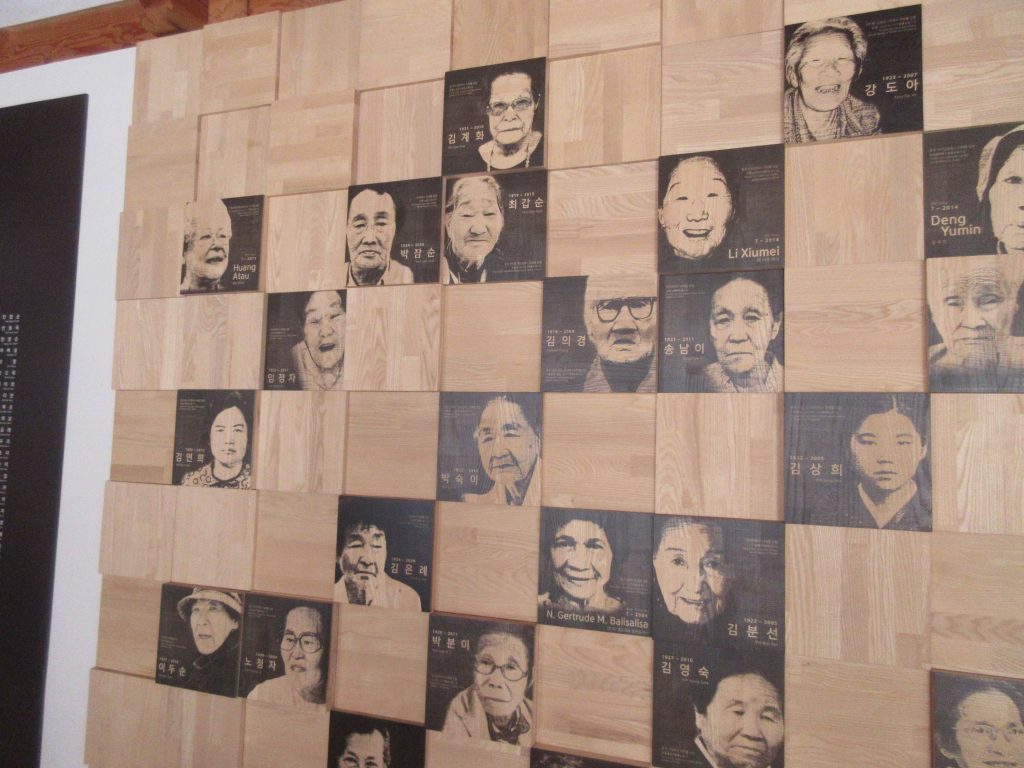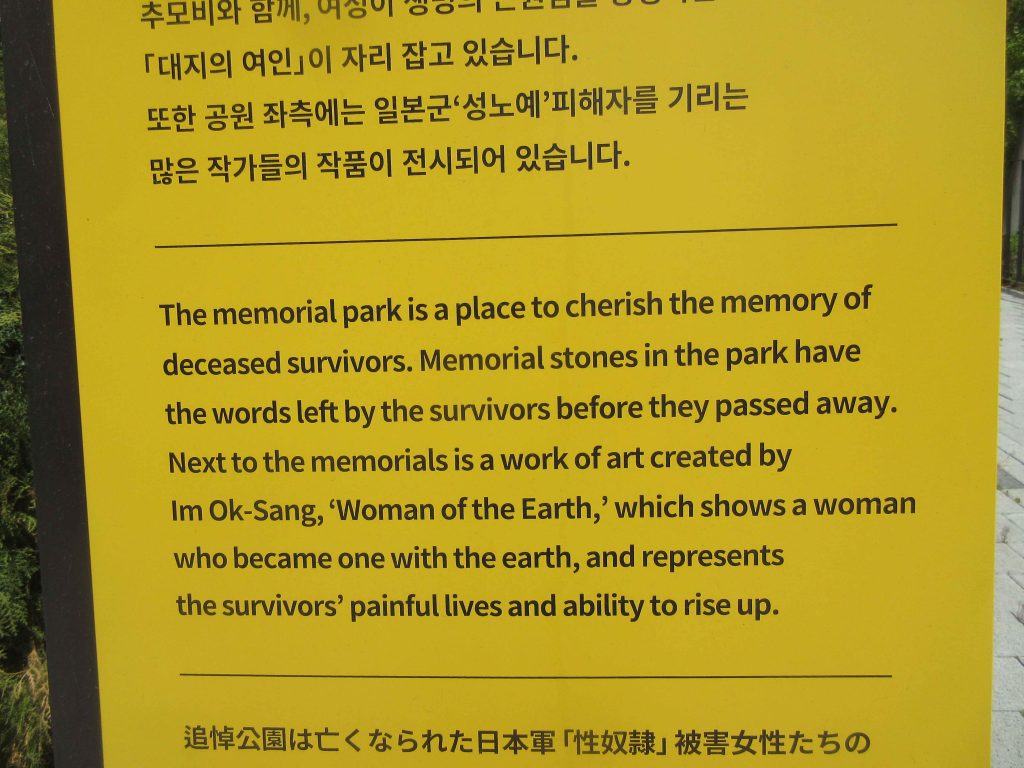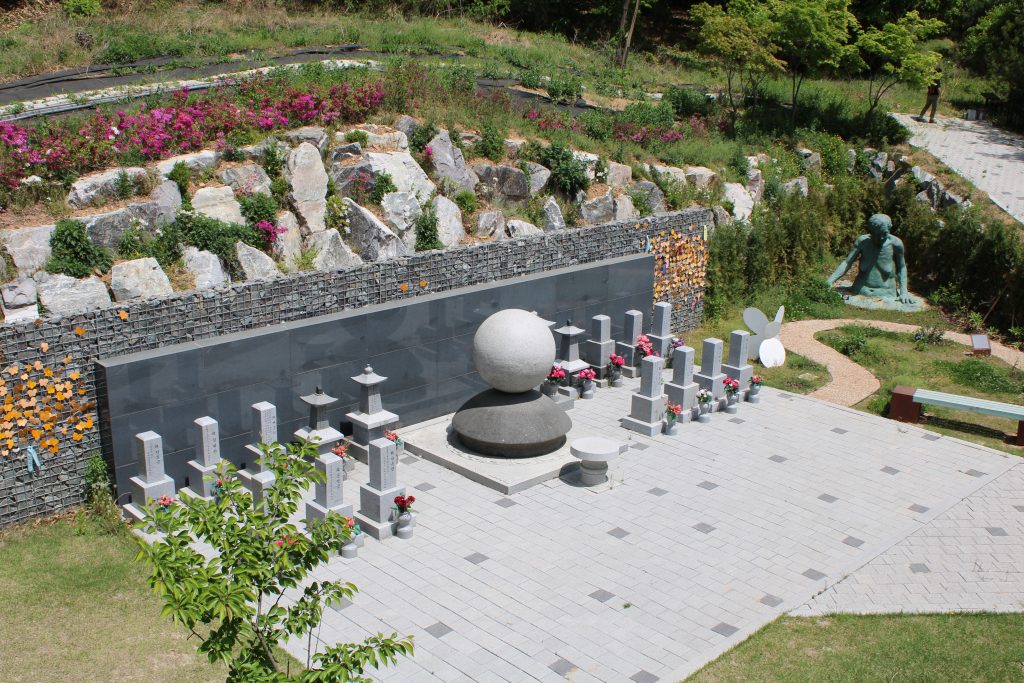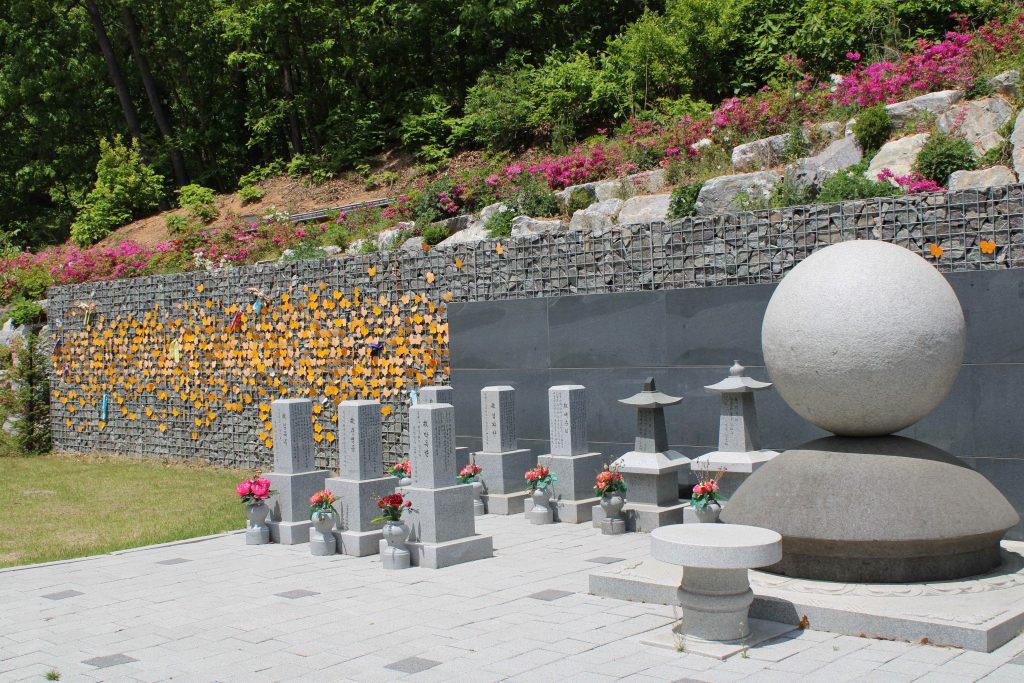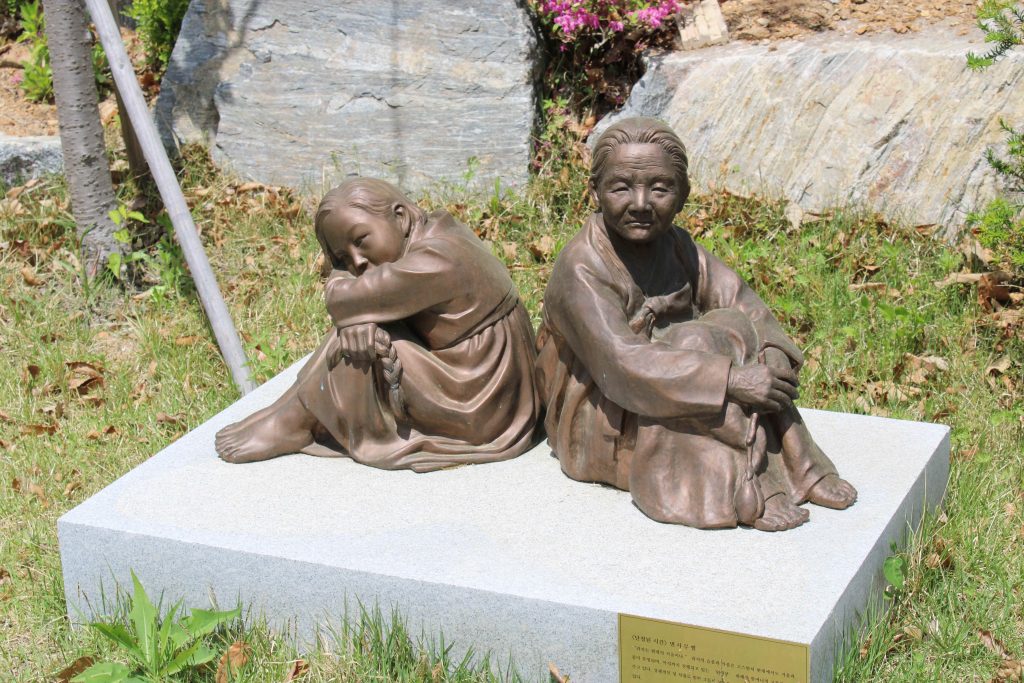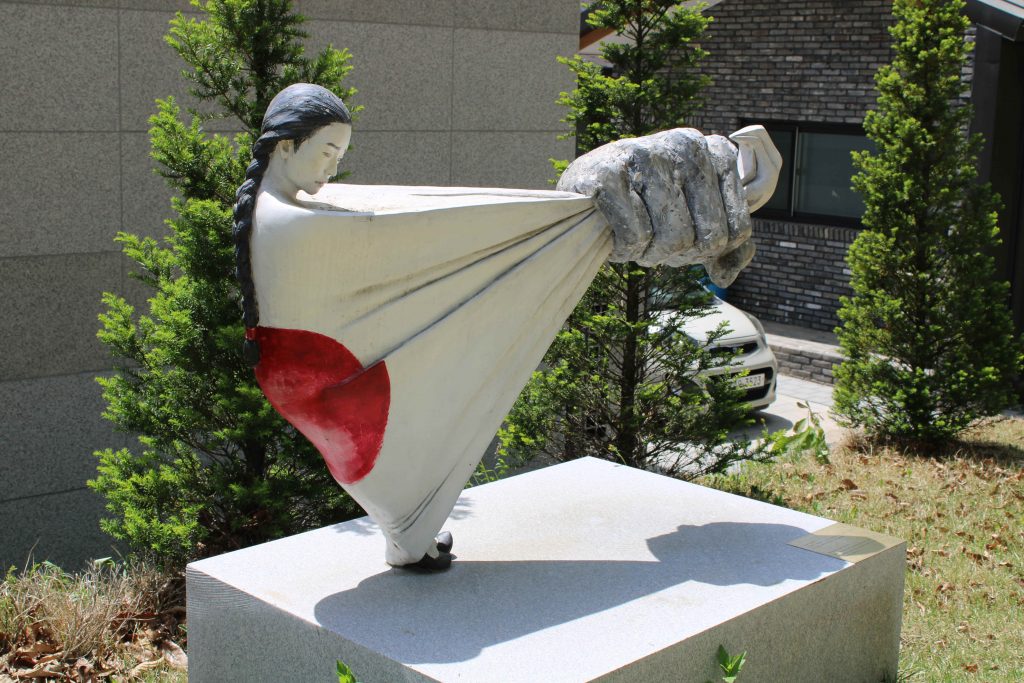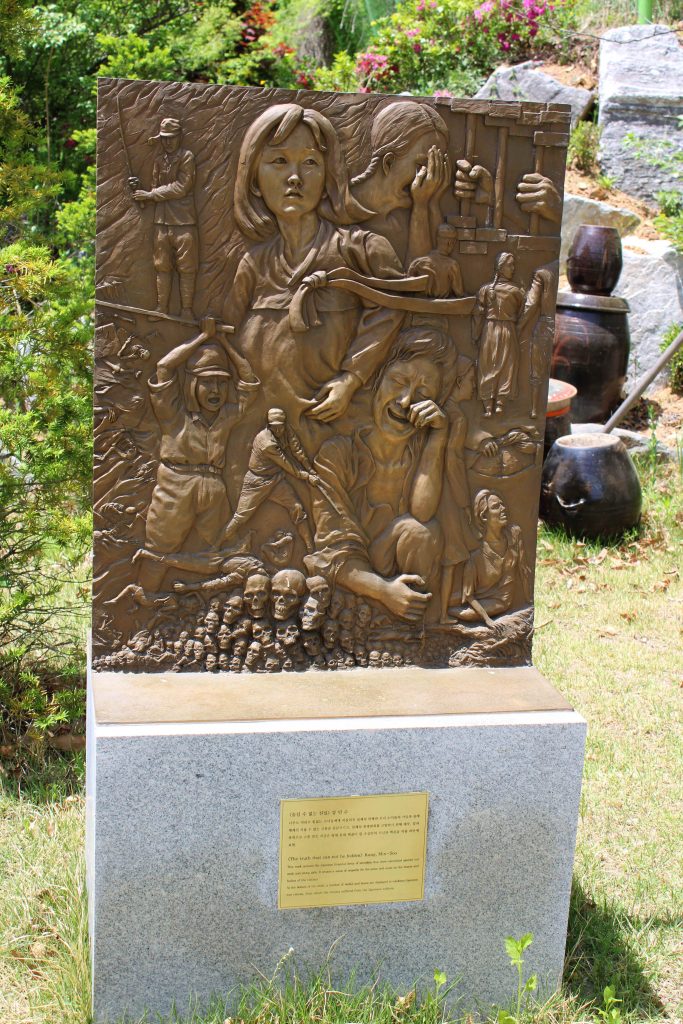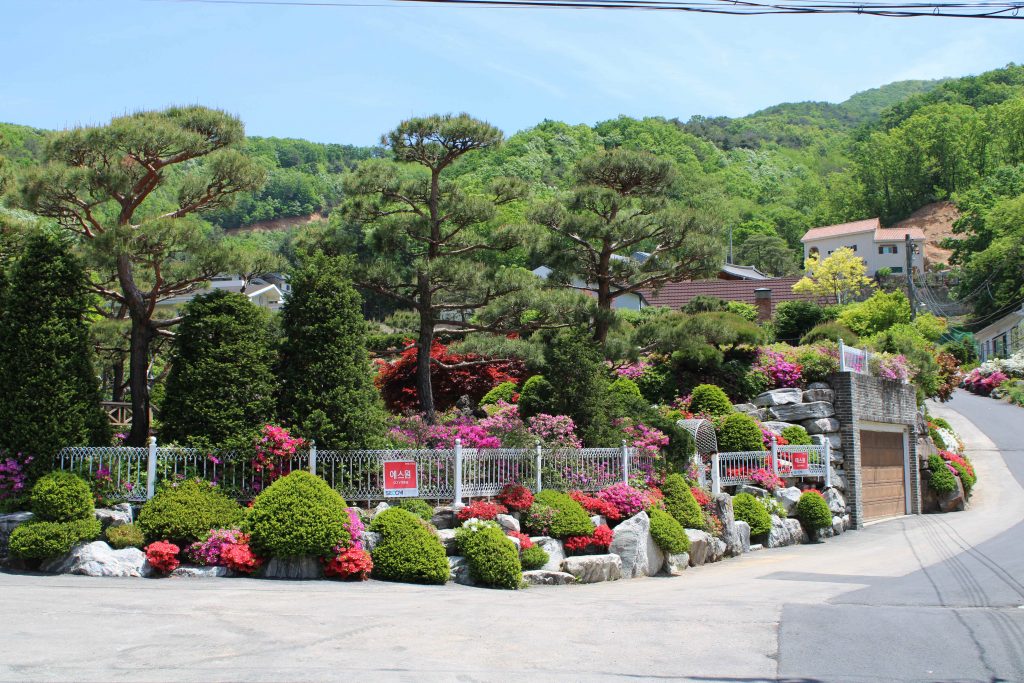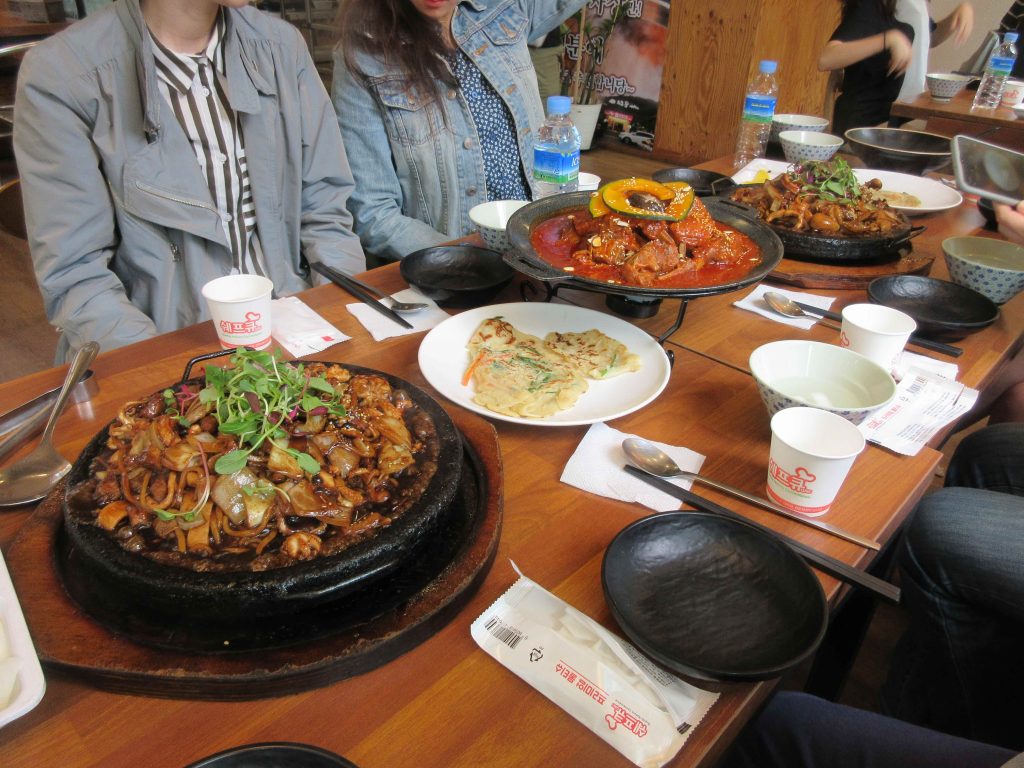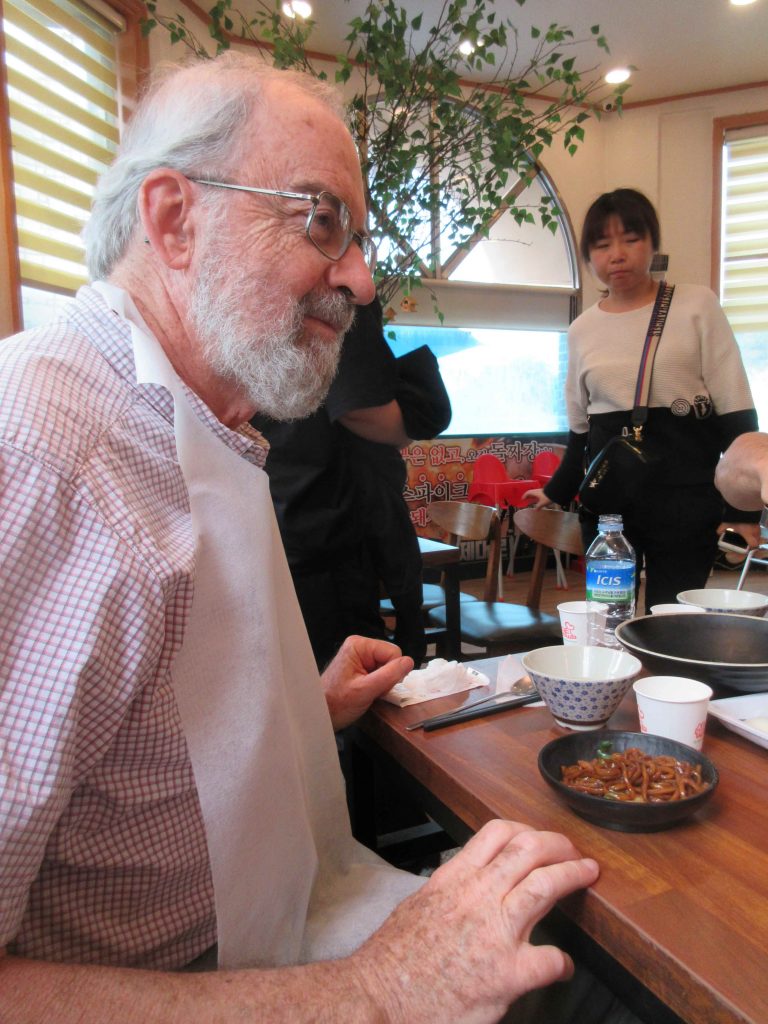House of Sharing
On May 8, which is “Parents Day” in Korea, the MCC NEA “family” had their first and last team outing with all of the team together. Because of Covid-19 it has been difficult to all be together at one time.
The time was both celebratory but also disturbing as we visited House of Sharing in Seoul. This is a shelter for victims of Japanese military sexual slavery in World War II commonly referred to as “comfort women.” The collection of buildings includes “The Museum of Sexual Slavery by Japanese Military” which tries to tell the truth about the Japanese military’s brutal abuse of women during the War. The present buildings were opened in 1998. The victims continue their struggle for a formal apology and legal compensation from the Japanese government. Every Wednesday they participate in a protest in front of the Japanese embassy in Seoul.
As of December 2016, 239 women have registered as victims of Japanese military sexual slavery to South Korean government. As of 2001, there were 211 registered survivors in North Korea. It is estimated that there were 50,000 to 200,000 in 13 Asian-Pacific countries. This dark history was hidden for decades until the 1990’s when some women began to speak out.
The museum tells many of their stories. Maps are shown as to where they were recruited, taken, and returned. We could listen to some of their stories. We read of their histories and what they want from the Japanese government.
The residents here at House of Sharing each have their own rooms but share time in a common living area. They often meet visitors and give their stories but because of Covid-19 they were not able to do so with us.
The House of Sharing offers art therapy programs for its residents. In 2017, a memorial and exhibition hall opened on the grounds of the House of Sharing. It includes a space to showcase the artwork surviving comfort women have made. There is a replica of a room in a comfort station where women lived.
We have some photos but more of their stories can be seen on their official website. “We must record these things that were forced upon us.”


